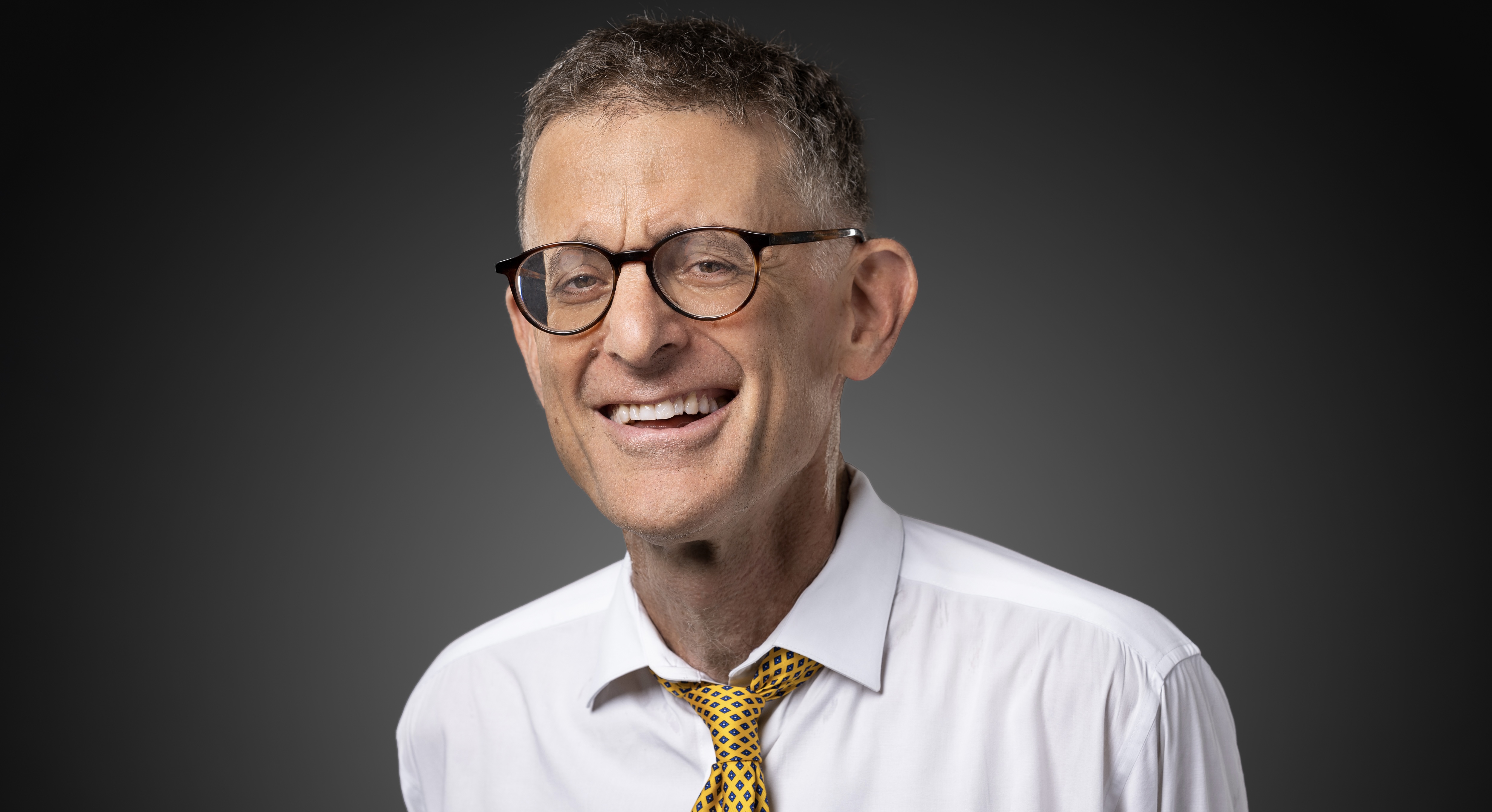4 things academics do that help Donald Trump
I once again turn this space over to a liberal academic, who does not adhere to Leftist orthodoxy.
By Jonathan Zimmerman
News flash: People who teach at universities don’t like Donald Trump. And the feeling is mutual.

Indeed, Trump has made university-bashing a centerpiece of his campaign to retake the White House. He recently proposed a new federal online academy that would provide free college degrees, funded by an endowment tax on the institutions Trump loves to hate: large private universities. “We spend more money on higher education than any other country, and yet, they’re turning our students into communists and terrorists,” Trump said in a campaign video. “We can’t let that happen.”
So why are so many academics helping Trump?
Not on purpose, of course. Almost all of us are part of “The Resistance,”or so we like to think.
But we are playing right into his hands. Political scientists have shown that many Republicans dislike Trump but plan to vote for him anyway because they dislike the Democratic Party more. And that includes the institutions they say have been captured by the Democrats: mainstream media, Hollywood, and — yes — universities.
So, the more reason we give people to hate on higher education, the more likely they are to pull the lever for Trump. Yet we keep assisting him — however inadvertently — in at least four ways:
Calling America racist
When politicians like Nikki Haley say America “is not a racist country,” we scoff. We know the real scoop: America was born in slavery and Native American genocide, and it’s still defined by that legacy.
But most Americans — including most Americans of color — disagree. They don’t deny the presence of racism in our past or present. Yet they reject the idea that America is inherently hateful and intolerant.
According to a 2021 Pew Research Center study, more than 90% ofAmericans think the country has made progress toward “ensuring equal rights for all Americans regardless of their racial and ethnic backgrounds.” And a 2019 Cato Institute survey found that three-fourths of naturalized citizens say they are “very proud” to be American. If the country is so unrelentingly racist, why would immigrants — most of whom are not white — celebrate it?
Calling universities racist
In 2020, 350 Princeton professors signed a statement claiming that “anti-black racism has a visible bearing upon Princeton’s campus makeup and its hiring practices.” But as the Black law professor and former Princeton trustee Randall Kennedy replied, Princeton and other universities have made extensive — and expensive — efforts to recruit more African Americans for their faculties and student bodies.
[Editor’s Note: The Philadelphia Inquirer has called itself racist.]
To be sure, the recent U.S. Supreme Court decision barring affirmative action will limit what universities can do in this area. Yet most of the elite schools have made it clear they will continue to seek legal ways to admit more Black students. That may not work, but it’s certainly not anti-Black. (Also, why would any Black student willingly enroll in an institution that calls itself racist? Just asking.)
Establishing — and enforcing — new rules around language
Universities have taken the lead in attempts to change our vocabulary, especially around race. The latest example is Latinx. We say that’s preferable to Latino and Latina — which are gendered terms — and Hispanic, which connotes an ugly history of Spanish colonial domination.
But the great majority of so-called Latinx people don’t approve or even recognize the term. And they surely don’t like academics telling them what they should call themselves. No wonder a growing number of Hispanics support Trump, who happily flouts our linguistic pieties.
Suppressing dissent around trans issues
Most Americans support the right of people to define their own gender identities. They differ about whether trans people should be allowed to participate on sports teams — and shower in locker rooms — that match their gender.
But we academics have decreed that anyone who raises concerns about the subject is a “transphobe.” Never mind that some female trans athletes have suggested that competing against other women gives them an unfair advantage. They’re wrong and we’re (always!) right. Any questions?
I’m not asking my fellow professors to change what they believe ... I’m asking them to show more humility about those beliefs.
I’m not asking my fellow professors to change what they believe, about trans athletes or anything else. I’m asking them to show more humility about those beliefs, and — especially — to show more tolerance toward Americans with different ones. If we call them bigots and ignoramuses, they will turn toward the welcoming embrace of You Know Who.
Let me be clear: Like most of my colleagues, I regard Donald Trump as an existential threat to our democracy. A second Trump presidency would be a disaster for the rule of law, the free exchange of ideas, and many other essential American principles and practices.
To quote Trump, we can’t let that happen. So if you want to stop him, dear professors, stop giving Americans more grounds to distrust us. As a recent Gallup poll confirmed, public confidence in higher education is already at an all-time low. And every time it dips further, it’s more votes for Trump.
—-
Jonathan Zimmerman teaches education and history at Penn. This originally appeared in the Philadelphia Inquirer.



